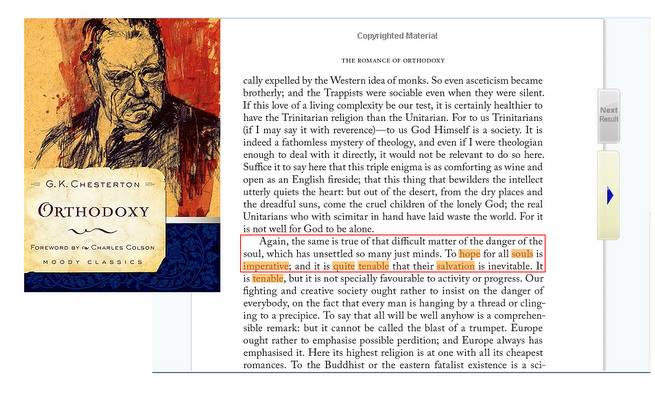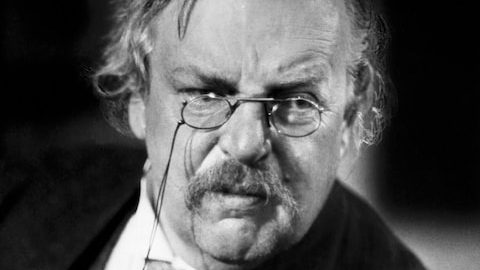
“To hope for all souls is imperative; and it is quite tenable that their salvation is inevitable. It is tenable, but it is not specially favourable to activity or progress.” (G.K. Chesterton, Orthodoxy)
While seemingly affirming the final salvation of all, Roman Catholic writer G.K. Chesterton (1874–1936) warned against putting this belief at the center of our practical endeavors. In practice it is better to hold to a certain degree of pessimism, thereby making action more imperative.
Chesterton’s remarks are as relevant as ever, considering the impact of migration and global warming, etc. and similar issues, that seems to require urgent responses. A too optimistic approach to these issues may blind of us from the very present dangers we face. Nevertheless, we may ask if a strategical or practical pessimism like Chesterton’s is really the best way to go?
Of course, even Origen, who is famous for his theory on the restitution of all things, the apokatastasis pantôn, warned against a too promiscuous propagation of this truth – for the spiritually immature, fear of eternal torments may be the most appropriate means for disciplining and developing virtue. Indeed, there may be some truth to the concern that a too certain conviction of a happy ending makes us careless about the present. But this, of course, may be argued against the gospel as such: If God is going to settle everything eventually, why bother doing good now? This objection is of course mistaken. It is exactly because of our hope in the future, that we can act with confidence in the presence.
I think this is the point that reformed theologians such as Jacques Ellul and Jürgen Moltmann has made repeatedly, perhaps most famously in Moltmann’s Theology of Hope. Hope does not, however, preclude a certain kind of pessimism. Jacques Ellul in particular made this clear, as he described the Christian hope as “hope against optimism” (espoir vs. espérance). The Christian hope for all is always in spite of our very plausible, realistic and as such urgent pessimisms about the destiny of most people in the present. This is why the Christian hope for all is a call to action here and now rather than passivity. But this is also why Christians can act differently from those who only affirm the perspective of pessimism.
